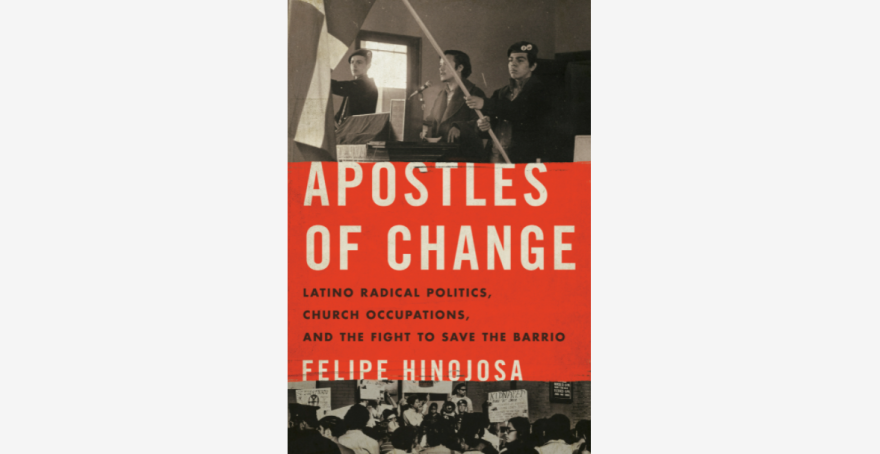The late 1960s were marked by civil rights protests, anti-war demonstrations, and political assassinations.
This was also a time when urban renewal programs in large U.S. cities began to devastate communities of color.
Seeing fewer social services available in their barrios, these activists turned to churches to help fill the gaps.

Felipe Hinojosa, associate professor of history at Texas A&M University, said activists hoped churches would open the door to their neighbors on their off hours.
“The building was empty Monday through Saturday, so why not provide a daycare center for working moms? Why not provide health care screenings? Why not bring in volunteers to set up a breakfast program and things like this?” Hinojosa said.
When religious officials declined, the activists occupied the churches. Hinojosa writes about these occupations in the book “Apostles of Change: Latino Radical Politics, Church Occupations, and the Fight to Save the Barrio.”







